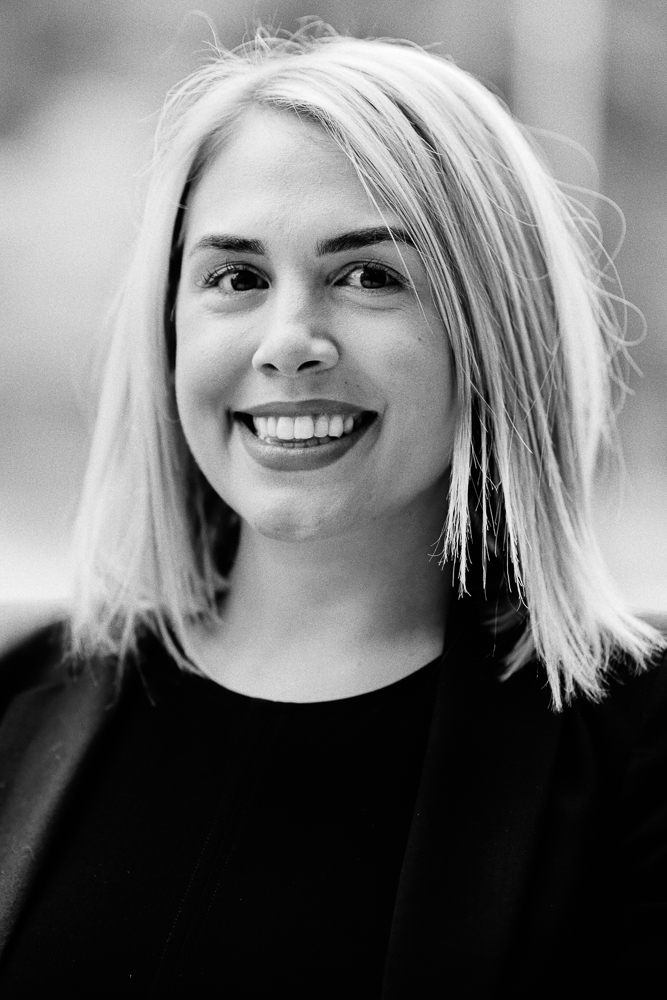Description
Advances in AI and machine learning have been tremendous in recent years and impact our lives in many different and significant ways. We’ve seen self-driving cars become a reality, we are able to communicate with our homes using Alexa, and we are able to draft responses to our emails using AI virtual assistants.
Naturally, we expect similar advancements within heavy industries. Predictive Maintenance has been hailed as the Holy Grail for industries including oil and gas and maritime, where equipment failures are costly and safety is a priority. The reality is disappointing, and that is that we have fallen short.
We’re constantly told that the technology is there – look at AlphaGo, DeepMind or Libratus consistently outperforming humans at more complex tasks. But we are talking about building models to describe the behaviour of equipment under stochastic processes – like wind generation or oil production – with tremendously complex underlying physical behaviour. These are not easily encapsulated into a set of fixed rules, and would rely on many examples and boundaries to be successful.
Statistically (and luckily!), equipment fails very rarely, leaving us with a difficult predicament – how can we successfully build a model to identify specific failure modes on equipment, let alone predict it?
In this talk, we will discuss a methodology for building hybrid engineering and machine learning models that may be applied cross-equipment and industry.
Takeaways
* How AI is used in heavy industry today
* Why AI often fails in failure detection of equipment
* How to combine engineering and data driven approaches to build more robust models
Bio

Alexandra is the co-founder and CEO of identifai. Identifai develops software for large industrial operators to help them improve their operations, with solutions for energy management and optimization for metal manufacturers. Prior to founding identifai, Alexandra worked as a mechanical engineer in the energy sector before transitioning to a career in data science, where she discovered a passion for building tools that empower engineers and operators to make data-driven decisions.
Outside of work, Alexandra leads the Oslo chapter of Women in Data Science, a community with over 800 members, hosting regular events and promoting the importance of diversity in the field of data science.